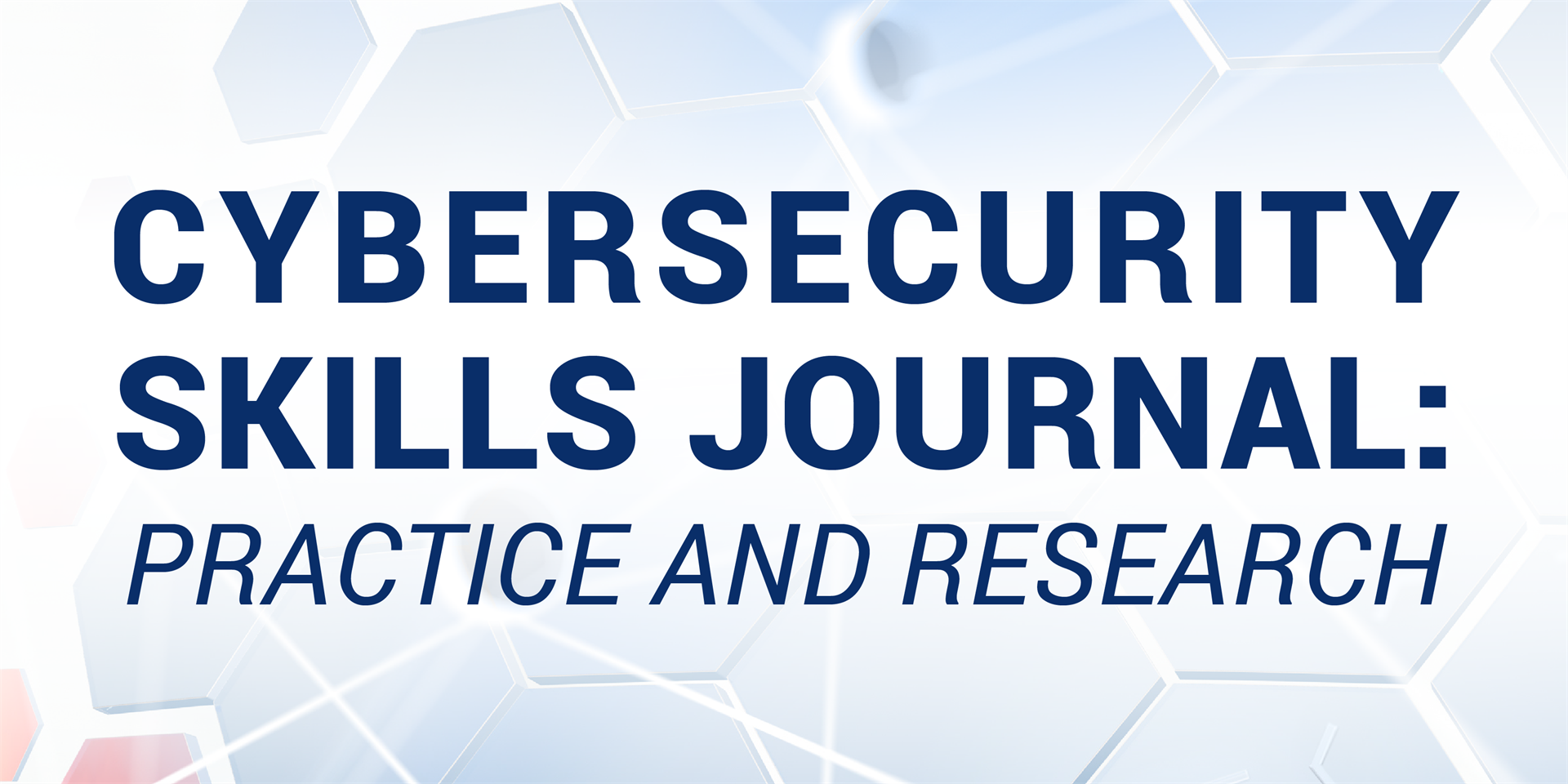

Call For Proposals
2025 Proposal Submissions accepted until 11:59 pm on September 30, 2025
Cybersecurity Capabilities and Careers Symposia (3CS) sessions explore or document innovative ideas, evidence-based practices, and demonstration of techniques and technologies for raising the capability maturity of the cybersecurity workforce. The Cybersecurity Skills Journal (CSJ) publishes Special Issues with Articles, Notes and Dialogues that impact cybersecurity practice, improve learning, and advance the state of the cybersecurity workforce’s capability maturity.
3CS SESSION ORGANIZERS:
Proposers of sessions for 3CS or manuscripts for CSJ are encouraged to submit a brief abstract of their session idea. Student proposals are warmly welcomed!
The lead author of an accepted session proposal who has not previously presented their proposal is eligible for stipends to participate in a 3CS event. If you elect to attend in person and attend sessions throughout the event (including yours), you are eligible to receive a participation stipend of $200 and a travel stipend of up to $3,000 based on the distance from your home to the workshop venue. Stipend funding is limited. In addition to meeting the eligibility requirements, stipend availability is determined by the date of proposal acceptance and availability of funding from 3CS sponsors.
Submit your session idea as soon as possible to ensure funds are available to support your attendance. When you register, you will be asked to select a date to attend a Proposal Development Workshop. During this workshop and the following panel review and mentoring program, you will receive guidance and assistance in developing your proposal for the conference to meet the requirements for leading your session at an upcoming 3CS event. If your session proposal is accepted to conduct a session at two regional 3CS events, you will be automatically eligible to conduct the session at the National 3CS.
MANUSCRIPT AUTHORS:
Please view our current open Calls for Proposals for more information on individual Special Issue topics and timelines. Submissions may address any aspect of research into cybersecurity but must align with the Journal’s mission: emphasis should be placed on enhancing the capabilities of the cybersecurity practitioner, educator, or researcher, not on technology.
Cybersecurity Skills Journal authors benefit from exceptional support, including but not limited to constructive advice received from 10-person peer review and mentoring panels. We encourage authors to submit rough ideas initially that may be iteratively developed into an appropriate manuscript format.
OBSERVERS WELCOME: Want to learn how to develop a successful conference or publication proposal? Please select the "Observer" registration type to indicate that you wish to observe the workshop process to get a better idea of what is required to submit a successful proposal.

